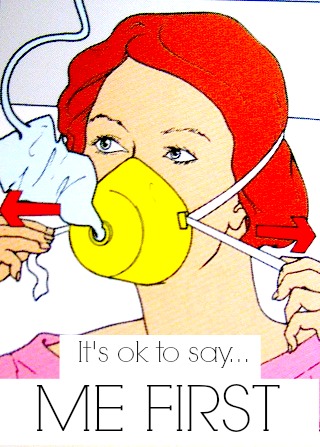How many of us make time for this? How many of us even know what this means? How many times do I see blank faces staring back at me in clinic when I even mention this term? Did you know that there is an Australian organisation whose vision states “Better health through responsible Self Care”[1]? What benefit do you get by practising self-care?
Before proceeding, a definition of ‘self- care’ is required and the World Health Organisation offers a valuable description –
“Self-care is what people do for themselves to establish and maintain health, prevent and deal with illness. It is a broad concept encompassing:
• hygiene (general and personal);
• nutrition (type and quality of food eaten);
• lifestyle (sporting activities, leisure etc.);
• environmental factors (living conditions, social habits, etc.);
• socioeconomic factors (income level, cultural beliefs, etc.);
• self-medication”[2] and they are activities “… undertaken by lay people on their own behalf, either separately or in participative collaboration with professionals.”[3]
Health is ultimately your responsibility! I know from personal experience that if you don’t or can’t find time for yourself with good food, exercise and spiritual sustenance, then your joy for life, compassion and core self can wither leaving you in a dark place and feeling very isolated.
A good analogy for self care is the emergency instruction given on a plane of putting on your oxygen mask on before assisting anyone else. Essentially what this means is that, if you want to be able to look after family, relationships, work, etc. you need to be able to look after yourself first.
Thanks to the recommendation of another healthcare professional/friend/peer, I recently read a book titled ‘The Art of Extreme Self-Care’ by Cheryl Richardson (New York Times best-selling author). The title sounds a bit intense, granted, but as one tool in your ‘Self-care Toolkit’ it is a great start and it’s an easy read. I know, you’re probably saying right now, ‘I don’t have time’ and frankly, that is probably the number one objection I have to negotiate in a clinical setting when discussing this topic.
What I say to clients (and to you) is this, “How much do you value your quality of life?” and “What are the consequences if you don’t invest in yourself?”
The table below lists some starter self-care suggestions. Ask yourself “what are you doing now?” and “what would you like to do?”. Try just one and you may be surprised with the results. What have you got to lose?
Starter self-care suggestions to add to your toolkit, divided into 4 self-care areas. You can choose whichever you feel you can do, and implement any one of them immediately:
| Physical | Emotional | Psychological | Spiritual |
|
|
|
|
*Support from family and friends is not always practical and from experience, both personal and professional, asking for help from objective, qualified professionals, independent resources and specialist organisations can, in certain circumstances, yield better support outcomes.
Useful links –
http://www.higginspsych.com/HPS.com/Wellbeing_Information.html
http://socialwork.buffalo.edu/content/dam/socialwork/home/self-care-kit/self-care-assessment.pdf
http://stress.about.com/od/lowstresslifestyle/tp/self_care.htm
References –
[1] ASMI, http://www.asmi.com.au/home/default.aspx
[2] http://apps.who.int/medicinedocs/en/d/Jwhozip32e/3.1.html, 1998, viewed 31 July 2014
[3] http://apps.who.int/iris/bitstream/10665/70092/1/HED_84.1.pdf?ua=1, 1983, viewed 31 July 2014
Image credit – http://its-fitting.com/2013/10/oxygen-mask/

 Back
Back